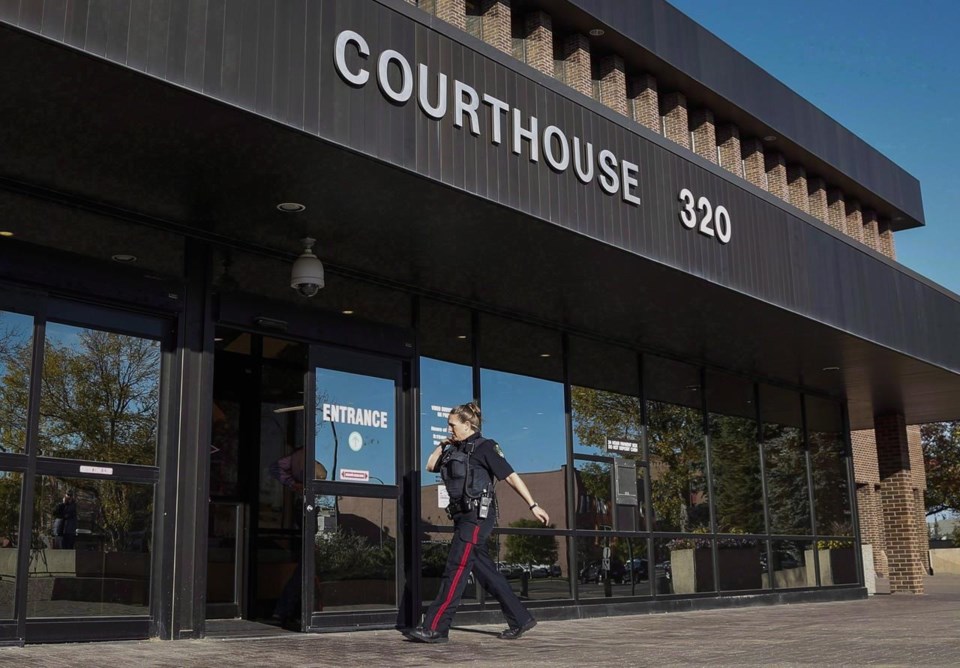CALGARY — Alberta's top court has dismissed an appeal from a dangerous offender convicted of a series of sexual assaults on teenage girls.
Trevor Pritchard of Coaldale, Alta., was convicted of sexual assault five times between 2004 and 2019, and designated a dangerous offender in January 2021.
An individual who receives the designation may be subjected to an indeterminate prison sentence, whether or not the crime carries a life sentence.
Pritchard asked the Alberta Court of Appeal last week to overturn his most recent convictions in 2019 for sexual assault, computer luring and possession of child pornography.
In his appeal, Pritchard argued the trial judge erred by limiting the scope of expert evidence put forward by his lawyers relating to the reliability of some of the electronic evidence.
During his trial, Pritchard denied all the allegations, denied being the author of any of the criminal messages and denied meeting the sexual assault complainants.
The Crown said Pritchard was luring young girls, including by using Facebook accounts in his own name and an alias of Phillip Fieldcamper. The female victims between the ages 13 and 15, and were groomed by him, prosecutors argued in court.
Pritchard was linked by expert evidence to multiple electronic devices and platforms, including Facebook pages, cellphones and a laptop.
During the dangerous offender hearing process, his victims gave impact statements describing serious long-term effects on their physical and emotional well-being.
The victims said this included taking part in self-harm, struggling to maintain relationships, substance addiction, anxiety and panic attacks.
In its decision, the three-member Appeal Court panel found there was no mistake made by the trial judge.
"The technical evidence was not the only thing that linked the appellant to the messages underlying the charges," wrote Justice Frans Slatter in the decision.
"While denying all the allegations, the appellant authenticated some of the communications in what he said were false accounts.
"The messages contained a significant number of photographs and detail about his activities, his house, his dog, his planned move and other aspects of his life."
As a result, the appeal was denied.
"The appellant has failed to show any reviewable error in the treatment of the expert evidence, and there is no risk of a miscarriage of justice on this record," Slatter wrote.
This report by The Canadian Press was first published Oct. 18, 2022.
Bill Graveland, The Canadian Press



